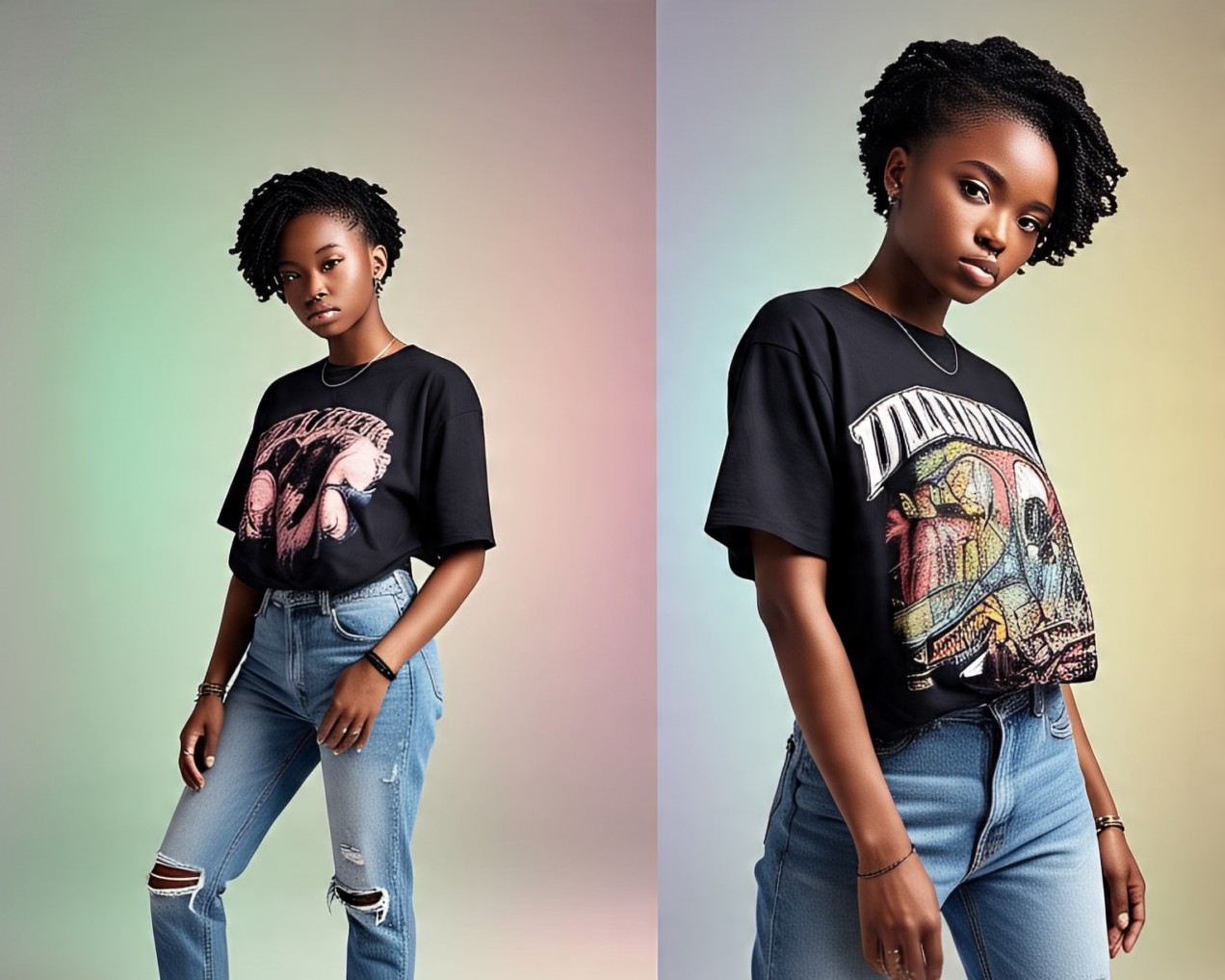I was sitting in a restaurant in Nairobi’s CBD , one of those regular weekdays when the city was moving faster than most of us could process with the heat scorching hard until rivulets of sweat glistened on my massive forehead. I had scheduled a catch-up with a 25-year-old business consultant. Sharp mind, subtle charm, and a strong sense of self.
What struck me wasn’t just the conversation it was why he chose that particular restaurant.
When I asked, he casually mentioned, “It’s one of the few places that gave protestors cover during the 2024 demos. That meant something to me.”
That statement stayed with me.
Not because it was political but because it was deeply cultural. It was proof that for Gen Z, brands are no longer just products or places ,they are living statements of values.
Who Is Gen Z in Kenya, Really?
Born between 1997 and 2012, Gen Z in Kenya is often misunderstood and misjudged. Labeled as lazy, easily distracted, uncommitted, and too expressive. Accused of quitting jobs, “doing the most,” and cancelling anyone who crosses their value lines. This generation, known for its digital savviness and activism, represents a significant cultural shift in Kenya, impacting everything from fashion to politics and redefining what it means to be a brand that resonates with gen z in Kenya. Understanding their nuances is essential for brands aiming to connect authentically.

Gen Z grew up in the age of:
- AI, where ChatGPT is practically a digital best friend,
- Instant messaging and high-speed internet,
- Online shopping and QR code scanning,
- YouTube tutorials over traditional training,
- Curated micro-communities like Loctribe — a safe digital space for Gen Zs wearing locs.
They don’t glamourize overwork.
They value productivity, not busyness. That’s why you’ll hear them speak about “bare minimum Mondays” not out of laziness, but as a conscious decision to protect their mental health and honour their wellness rhythms. To them, work is a part of life not life itself.
They crave flexibility, not fixed routines.
They are disruptive in the best way — questioning outdated hierarchies, labor structures, and societal norms that silence creativity and punish ambition.
Even in the way they speak and show up, their cultural pride is tangible.
In Kenya, most Gen Zs don’t go by their first names. They reclaim and use their middle names or surnames — like Makena, Ochieng, or Mwende. That’s why you’ll find Coca-Cola printing those exact names on bottles — a nod to identity and inclusion.
Coca-Cola gets it. Gen Z has a deep reverence for culture.
KBL tapped into that too with Manyatta Cider and its tagline “Tastes like home,” complete with Afrocentric prints — clearly targeted at youth who want modernity without disconnecting from their roots.
Mental health and self-awareness are deeply embedded in how they live. Their affirmation culture shows up in personalized journals, decorated water bottles, bracelet charms, and mood playlists.
For Gen Z, healing is not taboo — it’s a lifestyle.
The Culture They’re Creating
Kenyan Gen Zs are not just consuming culture. They’re curating it, coding it, remixing it, and exporting it.
They are:
- Informed – plugged into everything from economic policy to pop culture.
- Creative – owning the visual aesthetic of Nairobi through reels, memes, and streetwear.
- Vocal – they’ll call out brands, authorities, and influencers if they feel unheard.
- Community-driven – building community on digital streets, then walking together in real life.
They are not a passing trend. They are the cultural compass of this era.
What Brands Need to Know
If you want to connect with Gen Z in Kenya, you must move beyond marketing.
You have to build meaning.
Gen Zers don’t just watch your campaigns , they watch your consistency.
They care how you show up when it’s uncomfortable. Like that restaurant did — not just offering service, but standing for something.
Here’s what modern brands targeting Gen Z must prioritize:
1. Cultural Relevance
- Speak to them, not at them.
- Celebrate real names, real faces, and localized narratives.
- Use culturally aligned visuals, Afrocentric symbols, and names they identify with — like Coca-Cola and Manyatta Cider have done.
2. In-Language and In-Touch
- Don’t shy away from Gen Z slang, emoji culture, or trending hashtags.
- Speak in a way that reflects the modern Nairobi energy — fast, witty, real.
3. Personalized Experiences
- Gen Zs crave interaction over impression.
- Use tech to customize your offers and conversations — Safaricom’s Gen Z “HOOK” bundles are a great example of age-specific, lifestyle-aware campaigns.
4. Make Life Easier
- This generation was raised on convenience.
- From ride-hailing to e-wallets, ease is expected. Make your user experience smooth, fast, and mobile-first.
5. Purpose, Not Posturing
- Gen Zs love brands with values, but they also love receipts.
- Performative allyship won’t cut it. Stand for something and back it up with action.
In Closing
Kenya’s Gen Z is vibrant, vocal, value-driven, and visionary.
They are not difficult to understand but they do require brands to drop the mask and meet them at a place of truth.
If you’re building for this generation, then build for:
- Convenience,
- Cultural clarity,
- Emotional honesty,
- And deep respect for their intelligence and identity.
Because once you earn Gen Z’s loyalty, it doesn’t end with a purchase.
It becomes amplification. Belonging. Legacy. They rep you.

Comments are closed